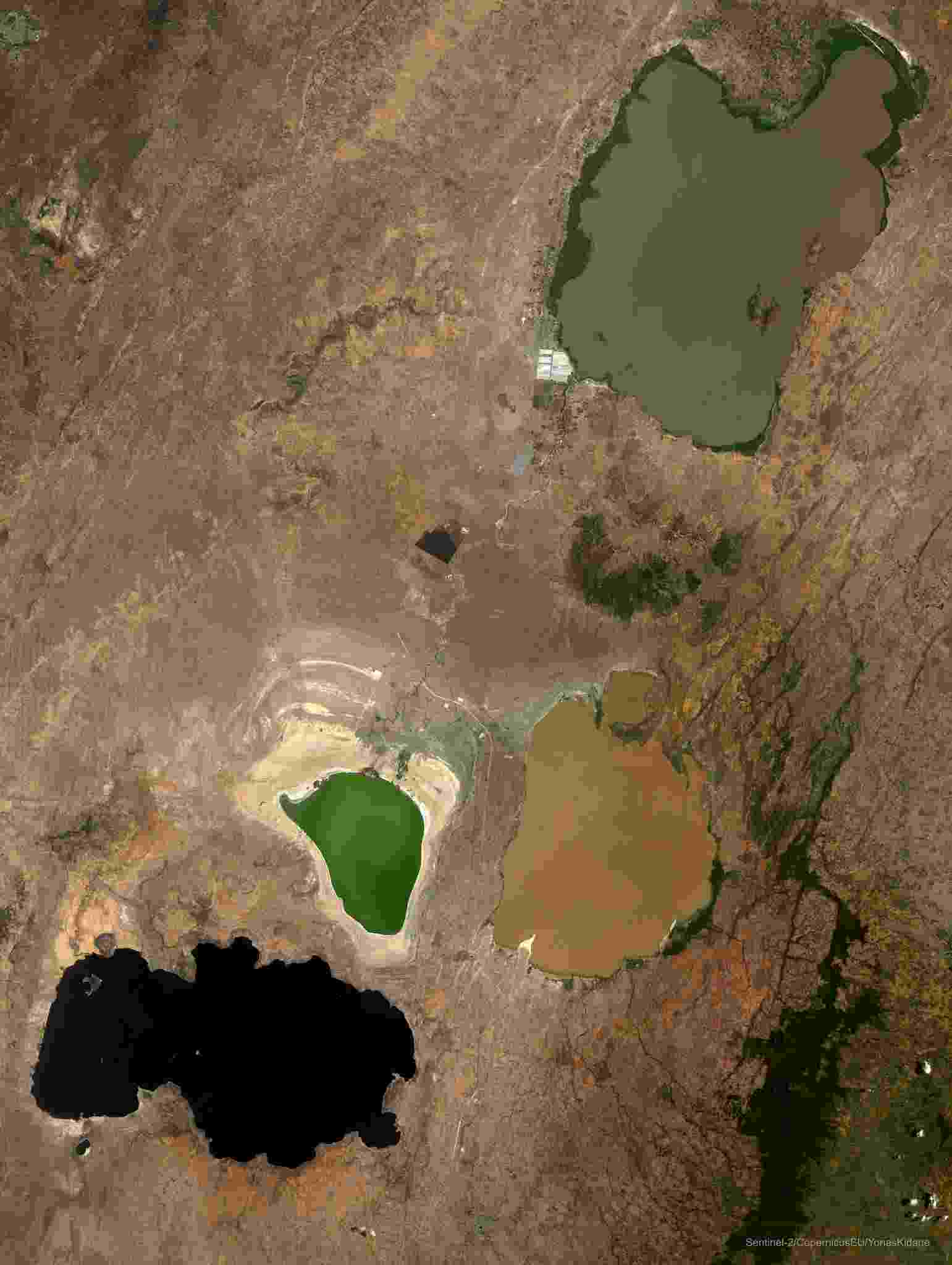Assessment of future climate change impact on water balance components
In Central Rift Valley Lakes Basin, Ethiopia
22 December 2022


The Central Rift Valley Lakes
Authors: Sisay Kebede Balcha, Adane Abebe Awass, Taye Alemayehu Hulluka, Amare Bantider and Gebiaw T. Ayele
This study aims to assess the impact of climate change on the water balance component of the Katar and Meki watersheds of the Central Rift Valley Lakes Basin, Ethiopia. The semi-distributed soil and water assessment tool hydrological model and multiple regional climate model outputs were used to assess climate change impacts on water balance components and stream flow. Future climate scenarios were developed under a representative concentration pathway (RCP 4.5 and 8.5) for the 2040s (2021–2050) and 2070s (2051–2080). The study found that future annual and seasonal rainfall will show increasing and decreasing trends, but that they are statistically insignificant. Furthermore, future temperatures show a significant increase in the subbasins. For the applied scenarios, an increasing and decreasing trend of future rainfall and increased temperatures would decrease the water yield by 4.9–15.3% at the Katar subbasin, and 6.7–7.4% at the Meki subbasin. Furthermore, annual water yields will increase in the range of 0.38–57.1% and 6.57–49.9% for the Katar and Meki subbasins, respectively. The findings of this study will help basin planners, policymakers, and water resource managers develop appropriate adaptation strategies to mitigate the negative effects of climate change in the rift-bound lake system.
Images:
'Central Ethiopia's Rift Valley Lakes', by Yonas Kidane, CC BY-SA 2.0, via Flickr



